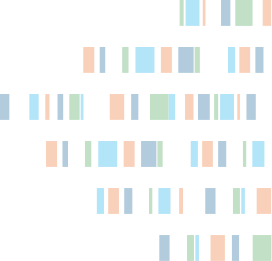Bifidobacteria are among the most prevalent gut commensals in mammals, playing crucial functional roles that start from their early colonization of the infant gastrointestinal tract and last throughout the life span of their host. Metagenomic approaches have been employed to unveil the genetic features of bifidobacteria in order to understand how they participate in the correct development of a healthy microbiome. Nevertheless, their low relative abundance in many environmental samples may represent a major limitation for metagenomics approaches. To overcome this restriction, we applied an enrichment method that allows amplification of bifidobacterial DNA obtained from human or animal fecal samples for up to 26,500-fold, resulting in the metagenomic reconstruction of genomes belonging to bifidobacterial strains, present at very low abundance in collected samples. Functional predictions of the genes from these reconstructed genomes allows us to identify unique signatures among members of the same bifidobacterial species, highlighting genes correlated with the uptake of nutrients and adhesion to the intestinal mucosa.

Home » Uncovering Bifidobacteria via Targeted Sequencing of the Mammalian Gut Microbiota
Publications
Uncovering Bifidobacteria via Targeted Sequencing of the Mammalian Gut Microbiota
myBaits
Daicel Arbor Biosciences
5840 Interface Dr. Suite 101,
Ann Arbor, MI 48103
1.734.998.0751Ann Arbor, MI 48103
©2026 Biodiscovery LLC
(d/b/a Daicel Arbor Biosciences)
All Rights Reserved.
(d/b/a Daicel Arbor Biosciences)
All Rights Reserved.

 Bluesky
Bluesky